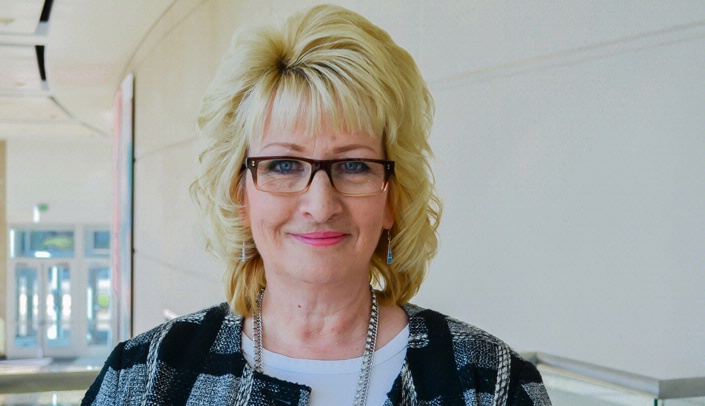 |  |
Aaron Yoder, Ph.D. | Sharon Medcalf, Ph.D. |
The Mid-America Transportation Center (MATC), a consortium of academic institutions led by the University of Nebraska-Lincoln (UNL), was designated the University Transportation Center of its four-state region after a competitive review.
Sharon Medcalf, Ph.D., assistant professor, health promotion, social & behavioral health, and director, Center for Biosecurity, Biopreparedness & Emerging Infectious Diseases, and Aaron Yoder, Ph.D., assistant professor, environmental, agricultural & occupational health, will be involved with a research project examining transportation worker health monitoring during hazardous material incidents.
Laurence Rilett, MATC director, said receiving such funding enables the consortium to leverage its track record of success in transportation research and education to improve safety in the four Region 7 states: Nebraska, Iowa, Kansas and Missouri.
MATC is housed at UNL’s College of Engineering. Its partner institutions include the University of Iowa (Iowa City, Iowa), University of Kansas (Lawrence, Kan.), University of Kansas Medical Center (Kansas City, Kan.), Missouri University of Science and Technology (Rolla, Mo.), Lincoln University (Jefferson City, Mo.) and Nebraska Indian Community College (Macy, Neb.).
In addition to UNMC, the consortium also partners with the University of Nebraska at Omaha, which offers expertise in information technology, along with numerous private- and public-sector entities, including a longstanding relationship with the Nebraska Department of Roads.
The states in Region 7 sit at the crossroads of the nation’s roadway, railway and waterway systems and consistently rank among the top 10 states nationally in total freight movements. Additionally, Nebraska and its neighbors have challenges related to climate, stressed infrastructure and demographics. The effect of extreme weather, especially flooding, is one. Increased freight traffic in rural areas, especially from trucks carrying large volumes of hazardous waste materials, is another. Rural roads bear the brunt of wear and tear from heavy vehicles, yet local governments have fewer financial resources to keep up with repairs.
More than 40 researchers from five Nebraska colleges will partner with their colleagues in the consortium to develop tools for reducing the number of crashes and mitigating the impact of natural and human-caused disasters. The goal is to make significant improvements in safety for users of the transportation system, transportation workers and the public.
